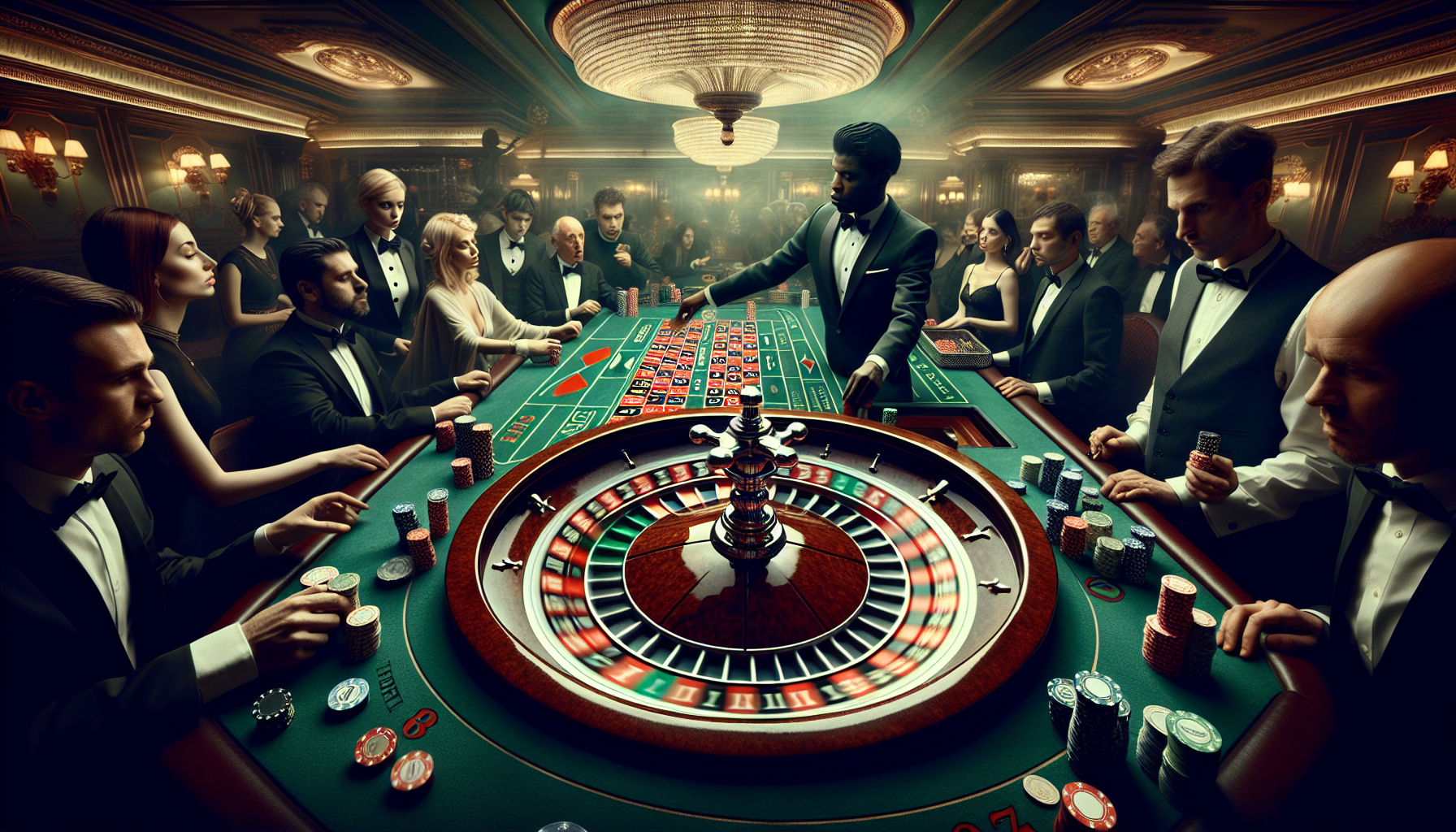What is a Casino? A Comprehensive Guide to Understanding Gaming Havens
What is a casino? At its core, a casino is a facility where people engage in gambling activities, from slot machines to card games. This article will guide you through the intricacies of casinos, exploring their history, the various games on offer, and their cultural significance today.
Key Takeaways
- A casino is a public entertainment establishment offering a variety of gambling games, often integrated with hotels, resorts, and other attractions, and having a built-in statistical advantage to ensure profitability.
- Casino origins trace back to the Ridotto in Venice in 1638, evolving to include popular games like blackjack, roulette, and slot machines, and have extended to the virtual realm with the rise of online casinos.
- Casinos impact economies by creating employment opportunities and generating government revenue, but also raise concerns regarding increased crime rates and the societal issue of problem gambling.
Defining a Casino

Essentially, a casino is a house of gambling. The word ‘casino’ originates from the Italian ‘casa,’ which translates to ‘house,’ and it has come to signify a public establishment offering a variety of gambling games. These games, from spinning roulette to the hands of poker, are designed with a built-in statistical advantage in favor of the house, ensuring the casino’s profitability.
Yet, modern casinos have expanded their scope beyond pure gambling. Often, they are amalgamated with:
- hotels
- resorts
- restaurants
- other tourist attractions
to provide a complete entertainment experience. The casino floor, filled with a plethora of gambling tables and devices, is a bustling hub where patrons try their luck and enjoy the thrill of the game.
The Origins of Casino
While the idea of casinos dates back to ancient societies, the Ridotto in Venice, Italy, established in 1638, is recognized as the first European gambling house. The Ridotto set the stage for modern casinos, offering a variety of games to the general public. Some popular games found in modern casinos include:
- Blackjack
- Roulette
- Poker
- Slot machines
- Baccarat
- Craps
Casino gambling, endorsed by the American Gaming Association, provides entertainment and the opportunity to win money, making casinos a popular destination for many people.
Advancing to the 20th century, places like the Casin di Campione, founded in 1917, emerged as iconic representations of casino culture, akin to those seen today in Las Vegas or Atlantic City. Over the years, the term ‘casino’ has become synonymous with gambling, with card games like blackjack and poker at the forefront.
Popular Casino Games

Stepping into a casino reveals a plethora of game options. The variety of games, from the chiming slot machines to the tension-filled blackjack table, significantly enhances the casino experience.
Blackjack
Blackjack, a widely enjoyed card game, stands as one of the most popular card games in casinos worldwide. In this game, players aim to beat the dealer by having a hand value closer to 21 without going over. Picture cards are valued at ten, with the face cards—Jack, Queen, and King—all contributing to the goal of reaching 21.
Despite its simplicity, the house still holds an advantage. Without employing card counting strategies, the house advantage in blackjack is approximately two percent, ensuring that the casino always has the upper hand.
Roulette
Rolling over to the roulette table, we find another casino classic. Invented by French mathematician Blaise Pascal in 1655, roulette involves a spinning wheel and a ball, with players wagering on which numbered pocket the ball will land in.
The roulette table’s design is intricate, featuring various components crucial to the game’s operation. Players often employ strategies like:
- the Martingale, which involves doubling bets after losses
- the Grand Martingale, which also involves doubling bets after losses but with an additional increase
- high-risk single-number bets offering higher payouts.
Slot Machines
Slot machines, the colorful and noisy fixtures of casinos, are based on luck rather than skill. Players insert money, initiate the reel-spinning process, and a computer chip inside the machine determines the outcome. Despite the simplicity, the casino’s advantage in slot machines is approximately 25%, making them a significant source of casino revenue.
Modern slot machines have come a long way since their invention in the late 19th century. The first slot machine, called the Liberty Bell, designed by Charles Fey in 1894, laid the foundation for the interactive and visually appealing machines we see today.